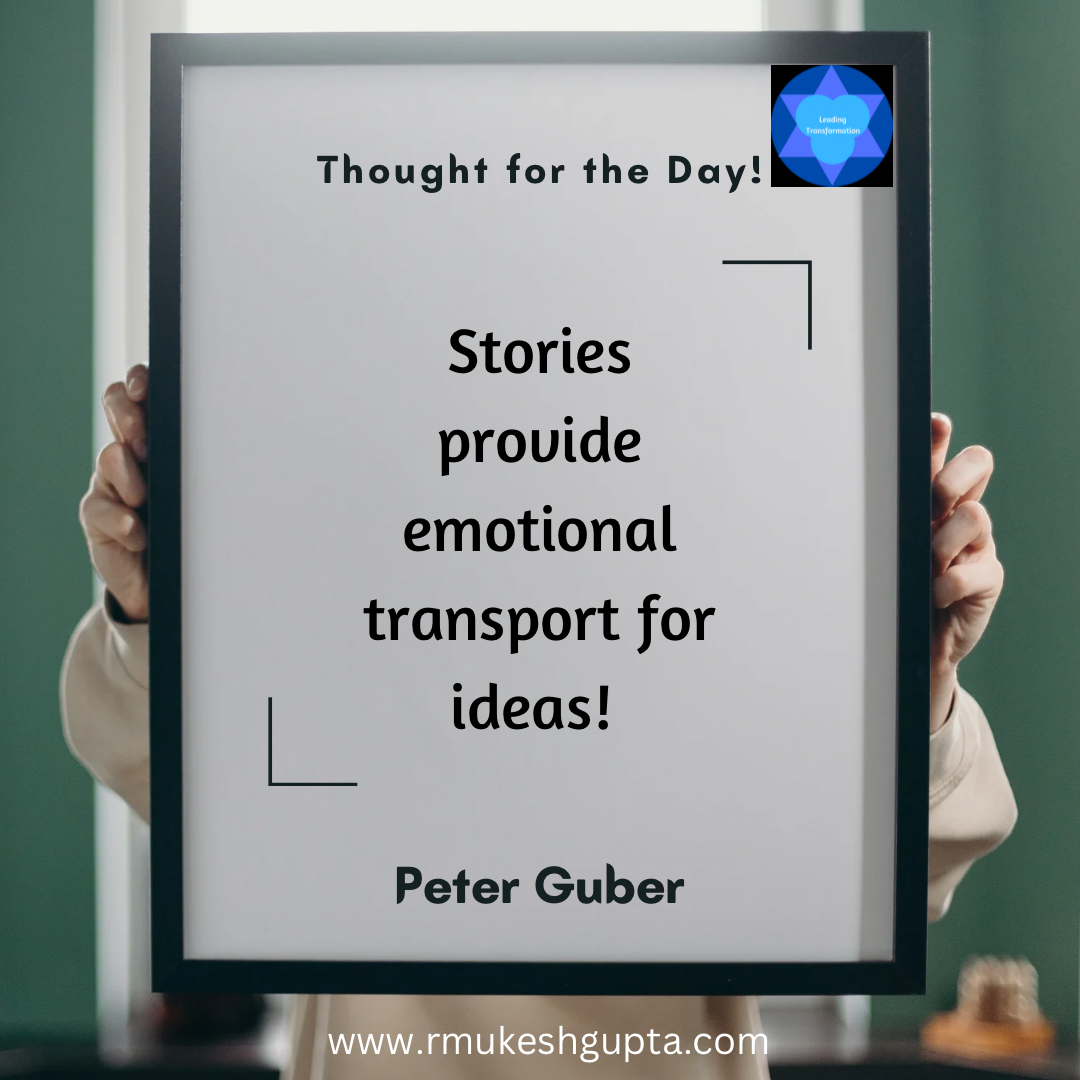
I am a big fan of Anthony Iannarino and his work. He is one of the few sales thought leaders who understands that to be successful in sales, one doesn’t just need to master the selling techniques but also master oneself in many ways.
One such piece of insight from Anthony has inspired this post. In his post “How to Change Your Mental State Now”, he shared the following insight.
In order to change our mental state, we have three variables that we can work with:
– Changing our focus
– Changing the meaning
– Changing the physiology
I highly recommend that you read the original post by Anthony here.
I would like to share my personal take on this topic as I think irrespective of whether you are in sales or are a leader or even as an individual, we might find ourselves many times in mental states that doesn’t help us achieve what we want to.
As someone who has experienced extreme highs and extreme lows in my own life, I know that that the mental state that we are in determines what we are able to do. It is like any software. The more powerful the software, the more it allows us to do.
Here are a few things that I believe helps me stay in a good mental state (listed from the easiest to the hardest).
Physiology:
One of the most important and easiest thing to do in order to stay in a good mental state is to exercise. Just as Anthony states in his post, even a short burst of exercise can help me get in a better state of mind. Even a short burst of 10-15 squats, a couple of minutes of jumps or a short brisk walk around the block does the trick.
One of the quickest ways of getting out of a negative state of mind is to have a good laugh. It is known that you can’t laugh and be in a negative state of mind at the same time. I am trying to learn to laugh at myself, which is probably difficult but most effective.
While I learn that, I do watch my share of comedy to keep me laughing. Lately, I have started enjoying the work of Michael McIntyre. Here is one of his videos that really made me laugh out loud.
Attention:
The most important currency that each one of us has today is our attention. We need to decide where we want to spend this currency. The place where we spend this currency grows and demands more of the currency.
So, it is critical for us to be intentional about where we are spending our attention and what does that do to our mental state. Does this put us in the mental state that we want to or not. If not, then we need to reduce the amount of attention we spend on this.
I realise that reading or watching news puts me in a very negative frame of mind. The more I used to watch news, the more I would want to watch it. So, I decided a few years back that I will not watch any channel news unless I am specifically seeking some information about a specific event that is being reported.
I love reading and watching well written movies or TV shows. They put me in a good mental state. So, I give more and more attention to reading good books and watching good movies or TV shows.
Environment:
The environment that surrounds us plays an important role in determining our mental states. In our digital world as well in our physical worlds, we need to control the environment. We need to be intentional about every single thing that is in our environment as to what role it plays.
I don’t like reading news, so I don’t buy news papers. I don’t like watching news and so I don’t subscribe to news channels on TV or use any news apps.
I love and want to read more books, so I surround myself with books. I want to be and stay inspired, so I keep what inspires me (paintings, quotes, stories and pictures) around me. I am intentional of what is around me.
Company:
Just like the physical environment surrounding you is important is, so is the social environment around us. I want to be around people who are in the mental state that I aspire to be in.
Each one of us has a natural mental state that we revert to whenever we get back to auto mode. It is important to know and understand what my natural mental state is and also of those with whom I spend the most amount of time.
I try to find and work with people (whenever possible) whose natural mental state is what I aspire to be. We are influenced by the company we keep and we catch their natural mental state (just like we catch the flu from people we meet).
It is easier to do this digitally. These are the people I follow on twitter or LinkedIn, friends on Facebook, blogs that I follow and read, podcasts that I listen, videos that I watch, etc.
Meaning:
I have always believed Seth Godin when he says that our brains are pattern matching machines. On top of that I believe that the way our mind functions is very much like an indexing machine. Every input that it receives needs to be indexed based on what we already know for subsequent retrieval. Anything that is non-trivial gets an emotion attached to it.
We make meaning of all experiences. So, it is in our control to change the meaning that we attach to any given experience. This depends on our past lives (patterns) and experiences but can be changed with practice.
This requires patience and practice. Some use meditation, some use spirituality and for some it comes at the end of some kind of an intense experience.
I have realised that spiritual practice helps me redefine the meaning that I attach to any experience. I am still taking baby steps in this approach but can already see a big difference in my outlook.
In conclusion:
In conclusion, I think that being intentional about everything is extremely difficult. That is probably the reason humans evolved to create habits. I continue to learn and use the ability to form habits to build some of these abilities, so that I don’t have to be intentional about them all.
So, it is easier to start with the easiest (at the physical realm) and then move through the different layers to the spiritual realm (where we attach meaning to stuff you experience) and continue to build habits around each one of them.




